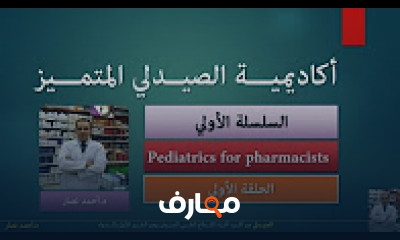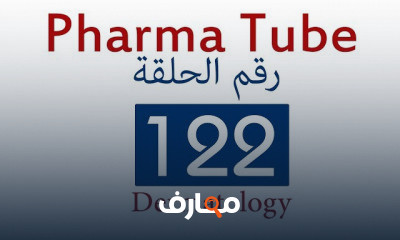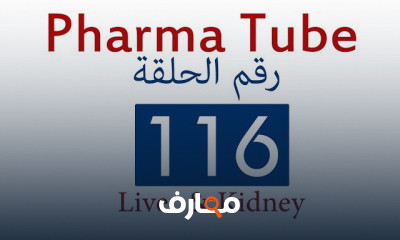شرح محاضرة 2بيولوجيا الخلية mechanical molecules د مريم المستوى الاول كلينيكال المستوى الاول فارم دى | [معتمد]
دورة كلينيكال مستوى أول
شارك الآن استفساراتك مع اعضاء دورة كلينيكال مستوى أول اضغط هنا
سجل الآن
قائمة الدروس | 83 درس
 8
8
محاضرة رقم 11 عقاقير 1 مستوي اول فارم دي ورقم 10 عقاقير 1 للمستوي الاول فارم دي كلينيكال أ د سوزان
 22
22
محاضرة الكيمياء العضوية د كامل البرمبالي المستوى الاول فارم دي عام و كلينكال الاسبوع 9 المحاضره 1
مشاهدة المزيد من الدروس
التعليقات
دورات ذات صلة
دورة معتمدة اون لاين مجانية What is analytical chemistry?
Analytical chemistry is the science of obtaining, processing, and communicating information about the composition and structure of matter. In other words, it is the art and science of determining what matter is and how much of it exists.
Analytical chemistry can be a challenging profession that makes significant contributions to many fields of science. It is one of the most popular fields of work for ACS chemists.
What do analytical chemists do?
Analytical chemists use their knowledge of chemistry, instrumentation, computers, and statistics to solve problems in almost all areas of chemistry and for all kinds of industries.
Typical Job Functions
An analytical chemist may conduct basic laboratory research, perform process and product development, design instruments used in analytical analysis, teach, or work in marketing and law. Typical job functions include:
Performing qualitative and quantitative analysis
Sampling, defining, isolating, concentrating, and preserving samples
Setting error limits
Validating and verifying results through calibration and standardization
Performing separations based on differential chemical properties
Creating new ways to make measurements
Interpreting data in proper context
Communicating results and conclusions to other scientists
Specialized Knowledge
Automation has decreased the demand for analytical chemists to conduct routine analysis. (Though human knowledge is irreplaceable, especially for troubleshooting.) Employers tend to recruit analytical chemists who know how to use the increasingly sophisticated instruments used in today’s laboratories. They also value experience in specific types of analysis (e.g., food, environmental, forensics).
Today’s sophisticated instrumentation devices—as well as increasing regulatory requirements—have created new opportunities for analytical chemists in a variety of areas:
Quality assurance specialists ensure that laboratories follow documented and approved procedures.
Quality control experts ensure the quality of the products that laboratories produce.
Chemists with solid technical and computer skills develop and use complex analytical techniques.
Government agencies need analytical chemists to verify compliance with regulatory requirements.
Entrepreneurial analytical chemists may start their own businesses, specializing in particular kinds of analyses or classes of compounds.
Where is analytical chemistry used?
Applications of analytical chemistry include:
Assuring the safety and quality of food, pharmaceuticals, and water
Assuring compliance with environmental and other regulations
Supporting the legal process
Helping physicians diagnose diseases
Providing measurements and documentation essential to trade and commerce
Analytical chemists often work in service-related jobs and are employed in industry, academia, and government. قناة كلية الصيدلة جامعة طنطا Level 1 - Clinical




































































